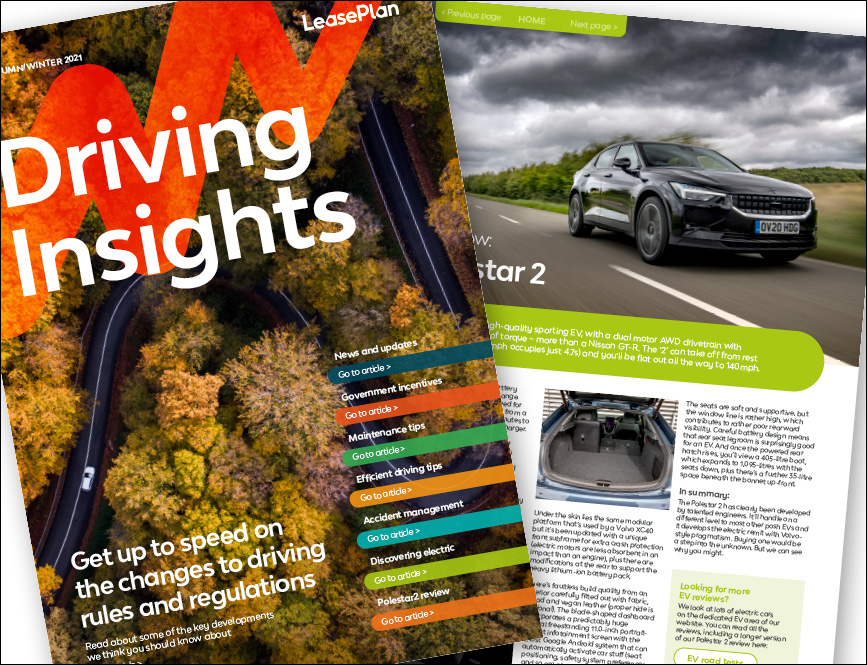UKIP’s Britdisc sounds like a crowdpleaser, but how would it work?
Now that the British have had a few months to get used to being without a tax disc in their cars (though a quick unscientific survey of the car park at my nearest Tesco suggests that hardly anyone has bothered to remove theirs), perhaps they will turn their attention to UKIP’s plan to introduce one for foreign vehicles.
Oddly, though politicians are now effectively campaigning for the general election, we haven’t heard a great deal about it since Jill Seymour, an MEP who is the party’s representative on the European Parliament’s transport committee, announced it at their conference in September last year.
The headline announcement was that UKIP would introduce a requirement for all foreign-registered vehicles to purchase a time-limited “Britdisc” on entry to the UK. The rationale behind the plan was that it would provide a mechanism by which foreign drivers would contribute to the cost of maintaining the country’s roads – something UKIP argues is only fair, if they are using them.
Many people would agree that this is a reasonable point, but they might disagree on exactly the point at which drivers of foreign vehicles should cough up. There is, first of all, the complicating factor that our own tax discs (the one you haven’t bothered taking off your windscreen yet) don’t contribute to the upkeep of the roads, but are a tax on vehicle emissions. The road fund, as many people still call it, was abolished in 1936, and the receipts from Vehicle Excise Duty are not hypothecated – in common with almost all British taxes, as it happens, and, for that matter, almost all government spending.
Many people may also feel that charging very short-term visitors would hardly be worth the effort and (presumably) bureaucracy. It might even be counterproductive, if it were to drive away tourists, and it is, in any case, already illegal for anyone to run a foreign-registered car in the UK for more than six months – after that period, it must be registered here.
We’d probably be even less keen if other EU countries made us pay as we crossed their borders. Here one can’t really fault UKIP’s logic, because saying it would breach EU law – as it almost certainly would – wouldn’t be an issue, since if the party were in power and putting this measure into law, we’d presumably already have left the EU.
Besides which, it could be argued – and one imagines is by UKIP supporters – that we do pay to use many of the roads when driving in other EU countries, where tolls are much more commonplace than they are in Britain. What’s more, Germany is currently planning to introduce a very similar scheme next year.
The proposed tolls on Autobahns look as if they are specifically directed at non-German drivers, since although locals will pay them too, they will be given cuts in motoring taxes in exchange. The EU thinks this is illegal; Germany maintains it isn’t. That looks like a debate that will run for a while.
Meanwhile, if the UKIP line appeals to you, you’ll probably be incandescent at the latest suggestion of the EU’s transport commissioner, Violeta Bulc, that it should be compulsory for every car in Europe to be fitted with a computer that would record its road use, and then be taxed accordingly.
Mrs Seymour thought it “outrageous” on three separate grounds: first (of course) that it would be imposed by Brussels; second, that the money would go to Brussels and not Westminster, and be doled out from there; and lastly, that it would be a gross invasion of privacy.
The trouble for many people who may agree with her is that there is a momentum behind the economic, environmental and logistical arguments for using technology to provide the data to direct and resource transport policy – and the technology is already available and cheap. And while libertarians might object to telematics on privacy grounds, they might tend to support them for road pricing on the grounds that you’d pay in line with your use of the roads.
This proposal’s good news for UKIP (if the money went to the places which got the most traffic) would be that foreign drivers would pay directly for UK roads they used. The bad news, as things stand, is that their own scheme looks much more complicated, expensive and difficult to put in place – which may be why we’ve not yet heard much detail about how it would work. Even so, it may well prove to be a very popular idea – though we’ll no doubt find out whether it is as the election campaign gets into gear.




